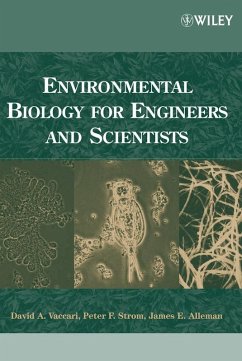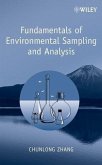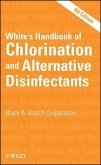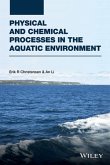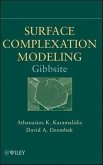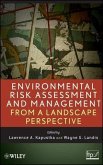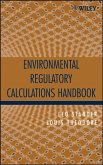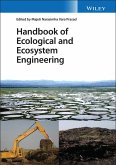Dieser Download kann aus rechtlichen Gründen nur mit Rechnungsadresse in A, B, BG, CY, CZ, D, DK, EW, E, FIN, F, GR, HR, H, IRL, I, LT, L, LR, M, NL, PL, P, R, S, SLO, SK ausgeliefert werden.
"...a resource for a two-semester course but can be used as an outline...for a single-semester course...highly recommended." ( CHOICE , May 2006)
"...attempts to cover a wide range of biology without making it tedious to those working outside the area...an important reference for practicing environmental professionals..." ( Journal of American Water Works Association , April 2006)
"Based on a graduate level course designed to teach engineers to be literate in biological concepts and terminology, the text covers a wide range of biology without making it tedious for nonbiology majors." ( Journal of the American Water Resources Association , February 2006)

